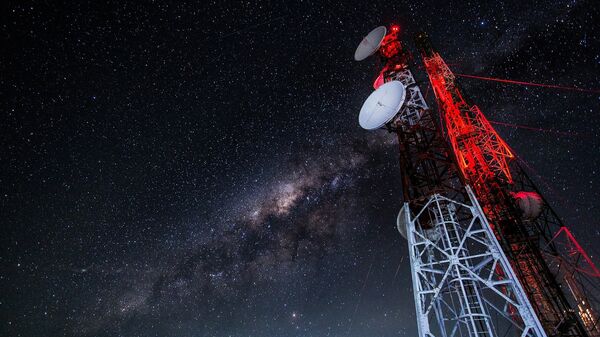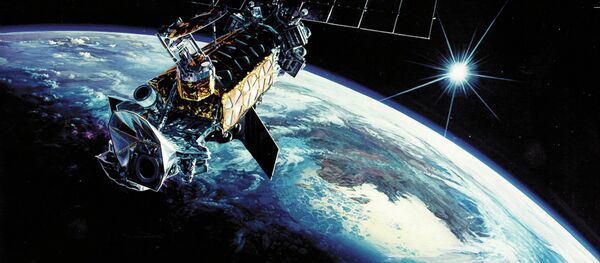P.J. Blount: It's not really illegal for any state to seek dominance in space. I would say that the United States isn't really the only state that is seeking dominance in space. If you look at the classic space race between the United States and the USSR, it was really all about seeking dominance in space, so that's been part of the space arena for some time now.
Sputnik: Do you think this could lead to other countries such as Russia and China also attempting to advance their counter-space capabilities? Is it going to be increased competition now?
P.J. Blount: Of course, when any state increases its counter-space capabilities, it's an arms race issue and incentivises other states to do that. If you look at US documents, the US has a perception that Russia and China are actively increasing their own counter-space capabilities, so you have this, sort of, dilemma in which all three of these states are looking at each other and saying: 'So well you're increasing it, so I'll increase it' — and you end up with a traditional arms race problem.
READ MORE: US Ready for Possible Space Wars — National Security Advisor
Sputnik: Some experts say that Washington's attempt to dominate space could lead to the rapid militarisation of space again, similar to the 70's and 80's, what are your thoughts on that?
P.J. Blount: I think that there's an unwillingness on all sides right now to engage on this issue. I think that any state that has verifiably weaponised space is going to lead other states to do that, but I think all three of the states that we've talked about are currently benefiting from the ambiguity of the law, and they don't really want to stop this process, since I think there's a sort of problem there with it, but definitely if any state does increase their capabilities it's going to incentivize other states to do so.
Sputnik: There's the chance that this will create conflicting situations, and maybe that will unravel in space, have you got any thoughts on that particular chance?
Sputnik: There are also reports that the United States Air Force is willing to modernize America's nuclear capabilities in space, can the US actually do that?
P.J. Blount: The reports are talking about putting nuclear weapons in space, that is illegal under international law and I think that the United States, Russia, China — all would very much agree that that's a very bad idea, but there have been reports that the United States is returning to the idea of a space missile defence. And you're right, it's a very expensive thing to do, it's a very technologically hard thing to do, but it's one the US continually returns to, it's been on the table since the 80's. Whether or no that occurs is something that I think is more of a technical question and certainly more of an economic question.
The views and opinions expressed by P.J. Blount do not necessarily reflect those of Sputnik.


